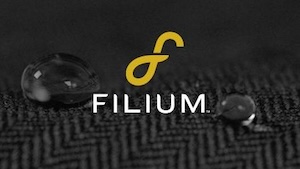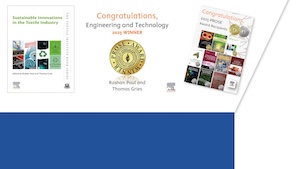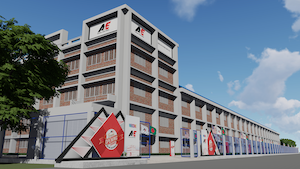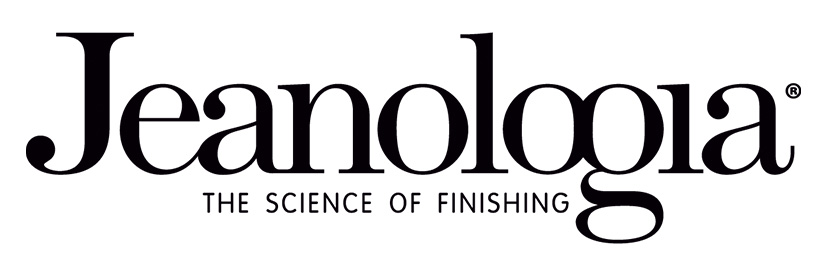 VALENCIA, Spain — March 21, 2025 — On the occasion of World Water Day, Jeanologia reaffirms its commitment to dehydrating and detoxifying the textile industry by presenting its Ecological Profit and Loss Account—a pioneering report that quantifies the positive impact of its innovative solutions in terms of water savings and emissions reduction.
VALENCIA, Spain — March 21, 2025 — On the occasion of World Water Day, Jeanologia reaffirms its commitment to dehydrating and detoxifying the textile industry by presenting its Ecological Profit and Loss Account—a pioneering report that quantifies the positive impact of its innovative solutions in terms of water savings and emissions reduction.
The figures for 2024 speak for themselves: 20,875,400 cubic meters of polluted water saved and a reduction of 98,4 million kilograms of CO₂ emissions — a contribution equivalent to the annual water consumption of a city the size of Valencia and the carbon capture in a year by a forest of 16,000 hectares, the same size as 22,400 football fields. This means millions of liters of wastewater have been prevented from reaching rivers and seas, and millions of kilograms of CO₂ from polluting the atmosphere.
Water scarcity: the textile industry’s challenge and the urgency to act
The fashion industry, one of the most water-intensive and waste-generating sectors, faces a critical challenge. Each year, it is estimated to use 93 billion cubic meters of water and generate 20 percent of the world’s wastewater, mostly due to processes like dyeing and garment finishing. This scenario highlights the urgent need for transformation.
The global water crisis demands concrete solutions. Jeanologia has proven that it is possible to produce fashion responsibly, significantly reducing environmental impact without compromising quality, authenticity, creativity, or profitability.
As Enrique Silla, CEO of Jeanologia, points out: “The textile industry faces a historic opportunity to reinvent itself and prove that fashion can be produced without harming the planet. The future of the sector relies on the deeper integration of circular and efficient solutions,” underlining the need to adopt technologies that enable a shift towards more sustainable production.
Eco-efficient technologies: the key to zero-discharge production
The denim revolution is driven by innovation. Since its founding three decades ago, Jeanologia has developed a integrated ecosystem of technologies that enable zero discharge and minimal water usage. Among its specialized solutions for the denim industry are:
- Laser: A pioneering technology that replaces traditional abrasion methods, eliminating the use of water and harmful chemicals.
- eFlow: Uses nanobubbles to transport chemicals precisely to fabrics, minimizing water usage and ensuring zero discharge.
- Airwash Tech (G2 Indra): Replaces conventional water-based garment washing with air, significantly reducing both water and chemical consumption.
- H2Zero: A closed-loop water recycling system that recovers up to 95% of water used during production.
Jeanologia has implemented these technologies in over 80 countries, working with leading global manufacturers to completely transform how jeans are made. Sustainability in the textile sector is no longer a promise — it’s a measurable reality.
“There’s no innovation without implementation. Every cubic meter of water we save from pollution, every kilogram of CO₂ we prevent, proves that the industry can — and must — be part of the solution,” Silla said.
Jeanologia as a driver of change: a call to the industry
Jeanologia has established itself as a strategic partner to brands, retailers, and manufacturers seeking to align fashion and sustainability in a genuine way. Its Mission Zero initiative continues moving forward with a clear goal: textile production with no excessive water use and no pollutant discharge.
“The challenge is global, and the response must be collective. We invite the industry to join this real transformation, where innovation and sustainability go hand in hand,” Silla concluded.
This World Water Day, Jeanologia presents not just data, but a clear message: change is possible — and it’s already happening.
Posted: March 21, 2025
Source: Jeanologia
 NEW YORK CITY — March 20, 2025 — Popilush, the trailblazing brand known for redefining shapewear, proudly announces the launch of their new activewear line, BRXL.
NEW YORK CITY — March 20, 2025 — Popilush, the trailblazing brand known for redefining shapewear, proudly announces the launch of their new activewear line, BRXL.
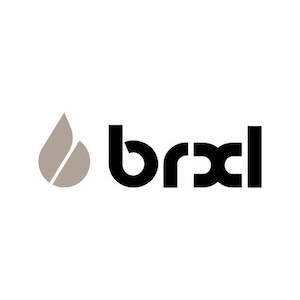 At launch, the BRXL line includes shorts, leggings, bras, tennis dresses and jackets available in a variety of colors, with some pieces coming in up to 10 color options. With prices ranging from $26 to $76, BRXL is an affordable, fun and high quality offering in the competitive activewear space.
At launch, the BRXL line includes shorts, leggings, bras, tennis dresses and jackets available in a variety of colors, with some pieces coming in up to 10 color options. With prices ranging from $26 to $76, BRXL is an affordable, fun and high quality offering in the competitive activewear space.




